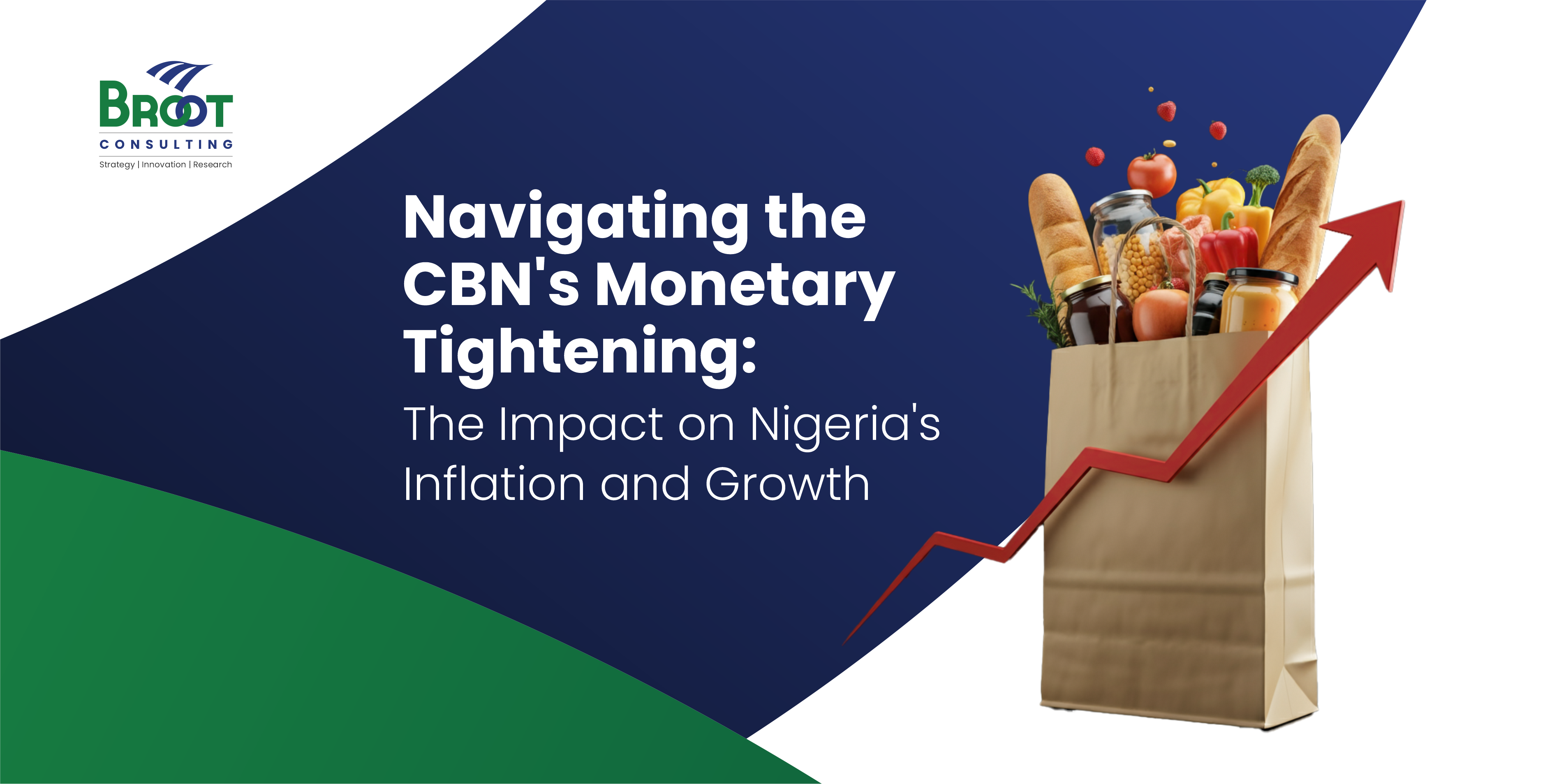Wild jubilation and anxiety welcome the legalisation of marijuana in Canada. Simply put, Marijuana is now available for both medical and recreational use, and we should expect a new wave of innovation and businesses that will disrupt our social lives and industries. These innovations will give Cannabis consumers a wide range of Cannabis-based products such as cookies/brownies, chocolate, coffee, lollipops, beverages, ice-cream, cracker biscuits. We should, therefore, expect a social disruption as youngsters may now openly take Marijuana under the guise of taking ice-cream, coffee or potatoes-chips.
World leaders are obviously watching Canada as it has become a pacesetter in the emerging industry. If Canada succeeds, will the world leaders change their approach and allow Marijuana into the mainstream market? Why would countries probably consider legalising Marijuana? Will it be acceptable for athletes to take weed? Will it confer an undue advantage on the weed smoking over the non-weed smoking sports people? Will economic reasons such as improved revenue become the driving force for adoption? Will the conservative nations change their perspectives as well? After all, some social products like alcohol and tobacco were once frowned at by society; possibly under the guise of job creations. What about the public health analysts and researchers? What of the Human Resources practitioners who may need to come up with new policies and a new way of managing employees who may want to take the “ganja” in between office hours? How will consumption of Marijuana at workplaces impact productivity and relationship at the workplace?
Social takers of marijuana will argue that they take the product for different reasons some of which include catching fun with friends, improve mood, connect with others, improve sex life, heighten senses (a friend of mine says, it opens up the brain), help relax, etcetera. However, there seems to be a more detrimental effect of marijuana consumption than the supposed benefits. Prof Celia Morgan, a professor of psychopharmacology at the University of Exeter, says “People end up having problems with relationships. It impacts on their ability to function at work and school”. Dr Bloomfield says “Cannabis addiction exists, and it can potentially ruin lives”. A recent study by King’s College London shows that 24% of new psychosis cases are traceable to the consumption of Cannabis. Other findings indicate that the risk of psychosis was five times higher for those who use it every day compared with non-users.
The disruption that will be caused by Marijuana will not be far-fetched. We should expect a shockwave in industries like the pharmaceutical, healthcare, food and beverage, beauty and wellness, professional services like Law, Banking and Accounting. The reason: it takes adoption of a product or lifestyle in any of the G-7 countries before the rest of the world begin to look at it as fashionable and the way to go. Currently, of the G7 countries, Canada is leading the way while others are doing lots of political, ethical and legal manoeuvring concerning moving from medical use to recreational use. If history is of any use here, then it is only a matter of time before other nations adopt the open use of Marijuana.
I believe there will be four categories in which majority of the people will belong: 1) Canna-excited 2) Canna-Confused 3) Canna-worried 4) Canna-indifference.
- The Canna-Excited: This category is made up of young people and cannabis entrepreneurs. The young people between the ages of 18-35 are the risk takers and are expected to lead the way in the adoption. They will eagerly embrace the product in other to feel connected, energised, feel high or gain peer-acceptance. The entrepreneurs are those investing in the various Cannabis based product, they are innovators and will come up with different products to maximise their revenue. For them, the excitement is not in social acceptance like the young people but rather in the bottom-line. Therefore, they are less bothered by the entertained fear that comes from the conservatives. The other Canna-excited are the lobbyist in various countries; they will see opportunities to work with the current illegal producers of Marijuana product to lobby policymakers, legislators and administrators to ensure the passage of an act that will give legal approval to the use of Cannabis

- Canna-Confused: This category of people includes parents, leaders of developing nations and, the border protection agencies. Developing nations do not have the infrastructure to checkmate the influx of the substance neither do they have healthcare facilities to handle unforeseen health and safety issues from the consumption. The elite citizens of this nations travel back and forth and have the means to bring along some of the products, thus creating further problems for the cross-border security agencies who are probably thinned out with the current challenges. Also, in this category are parents who need to decide whether physicians should administer the substance to their kids against seeing their loved ones go through pain. The question and the confusion in most parents’ minds: will their kids become addicts? Medical use of marijuana leads the argument for legalisation of the substance. However, it has since being hijacked by recreational users. Today, medical marijuana is approved for use in about 39 countries with Zimbabwe being the only country in Africa. European countries are leading the pack with 17 countries approving the use. Common problems for which medical Marijuana is being used include Parkinson’s disease, Post-Traumatic Stress Disorder (PTSD), Seizure disorders, Mood disorders, Degenerative neurological disorders, Multiple sclerosis Glaucoma and stress.
- The Canna-Worried: Most of Canna-worried are conservatives. The industries that fall under the Canna-Worried are those who currently work in the traditional market of Tobacco, alcohol, wine and spirit, and the pharmaceutical companies. Among the Canna-worried is the US Attorney General, Jeff Sessions who said: “good people don’t smoke Marijuana”. With his statement, many believe that it might be difficult to get the legislative process that will ensure approval for the recreational use. It is not surprising, therefore, that many have since labelled Jeff Sessions’ views as myopic. Jeff is not the only one worried, nations are worried and probably do not know what to do yet. However, in our materialistic society where money overshadows logic and reasoning, the temptation to yield to both medical and recreational use of cannabis is quite high. The concern of adopting cannabis was voiced by the UK Home Secretary Sajid Javid, he said there is strong scientific evidence that Marijuana could “harm people’s mental and physical health and damage communities”. The UK Royal College of Psychiatrists believes that the substance can lead to increased anxiety and paranoia, lead to confusion and even hallucinations and that there are “compelling pieces of evidence”. Dr Marta Di Forti, from King’s College London, said that regular cannabis use increases the risk of developing psychotic illnesses, such as schizophrenia, particularly in adolescents. Having said all these, how long nations hold on will be a function of the economic benefits experienced by Canada.
- The Canna-Indifferent: These are those who like to sit on the fence, they live in denial either as a result of religious understanding or self-deception of thinking they are immune to the reality. They never see the possibilities, and they are sceptical about new ideas, innovations, and change. However, when the reality dawn on them they would have been disrupted. The Canna-indifferent are the most vulnerable who may be negatively impacted. Unfortunately, it will be too late for them to do any meaningful thing.
Insight from The Tobacco Industry
The Tobacco industry is a highly profitable and deadly industry; retail sales of Tobacco in 2017 was US$699.4 billion. According to Euromonitor and WHO Report on the Global Tobacco Epidemic, 2017, 80% of the world’s smokers live in low and middle-income countries, thus making these countries a prime target for tobacco producers. It is also reported that at the rate at which the consumption is going, about one billion people will die from tobacco use during the twenty-first century. The five largest cigarette consuming nations are China, Indonesia, Russia, the U.S. and Japan. They jointly accounted for 61.7% of the volume of cigarettes sold. With the legislation of Marijuana, it is expected that the Tobacco industry will be disrupted. The number of people taking tobacco gives good insight as to those who will yield to Marijuana, who can now use the substance in different edible products without smoking.
The 4-20 annual marijuana celebration in Vancouver on April 20, 2018. Photograph: CP/Rex/Shutterstock
Industries that should get prepared for the Marijuana Disruptions
- Food Industry: Cannabis infused food products will complicate things for the food industry and compel them to examine their strategy, production, packaging, delivery, advertising and safety procedures. Their major competition comes from marijuana-infused products such as truffles, chocolate bars, mints, juices and many more. There are companies such as Mirth Provisions (cannabis-infused edibles and drinks), Auntie Dolores (cannabis oil snacks), Cheeba Chews (chocolate taffy) and, Defonce Chocolatier (a high-end chocolate company) which once said: “in California, we have been lucky Chews (chocolate taffy)”. Will there be a different assembly line and lab for these two products? Will restaurants and other food industries begin to differentiate their products by labelling?
- Beverage and Alcohol Industry: Richard Siddle presented a compelling argument in his article on legal Cannabis: biggest threat and opportunity for drink industry, he said “Forget craft beer, forget cider, fancy cocktails or even the growing number of low or no-alcohol drinks. The biggest threat to the alcohol industry is not even a drink at all. It is Cannabis”. Cowen, the US investment business, argued that 80% of people would lower their alcohol use in preference for Cannabis consumption. Cannabis infused drinks are believed to be able to create a $48billion new sub-category in the drink industry. There are Cannabis infused coffee from the House of Jane, and their mission is to become “the Starbucks of Cannabis.”
- Law, Banking and other Financial Services: in the banking sector, the disruption will come in terms of developing a business model for financing Marijuana based products. Will we also have banks that will build strength in Marijuana financing? With the widespread adoption across various countries, the legal services expert are expected to be challenged to enact and interpret the law for both consumers and enterprises. Cannabis-focused lawyers could advise on everything from advertising strategies to consumption levels and business practices.
- Pharmaceutical: With the upward trend in the rise in the approval and use of medical Marijuana, it is expected that the pharma industry will suffer a dip in their market share. Some projections predicted that the big Pharma could lose as much as $18.5billion to the emerging Cannabis Industry. Some of the treatment for which Cannabis is being applied include the treatment of pain, anxiety, sleep disorders, and other medical conditions. Sensing the possible disruptions, many pharmaceutical companies are already attempting to incorporate cannabis into their strategies.
- Beauty and Wellness: with the legislation in Canada, there may be more open acceptance of cannabis in consumers products especially in the beauty industry which is growing rapidly. Today it is widely applied in hair products and other beauty products like mascara and lip balm. It is also going to receive a wide application in dealing with CBD oil to reduce post-exercise inflammation and promote muscle growth.
The Weed Competition Racing against the time?
Today, the Canadians are flocking to stores and online sellers to buy legal weed, and nations are keeping a close tab on this development and waiting to see how it will evolve in the long run.
If you want to know the thinking of a nation, you may want to examine the statement made by the US Senator Ron Wyden “Now that our neighbour to the north is opening its legal cannabis market, the longer we delay, the longer we miss out on potentially significant economic opportunities for Oregon and other states across the country”. Steve Hawkins, Executive Director of the Marijuana Policy Project said that “Canada is setting a strong example for how to end marijuana prohibition at the national level and replace it with a system of regulated production and sales that is largely governed at the local level,”
He also said: “The US and other countries grappling with the complexities of such a significant policy shift will have an excellent opportunity to learn from the Canadian experience.”
Conclusion
The trend in the marijuana industry is not going to slow down, the race has just begun. As expected, we are left with little or no options in our deeply materialistic society; therefore, money may continue to win over morals. However, strong leadership is required to ensure that there are strong regulations that will prevent the young minds and the most vulnerable from becoming the victims of the adult greed. Strong accountability is required from producers of Cannabis product to be truthful to their target consumers by providing them with sound product education that will enable consumers to make an informed decision. Various government should use tax revenue accrued from Cannabis product to support research, education in various challenges that may come from using the products such as Psychotic.




